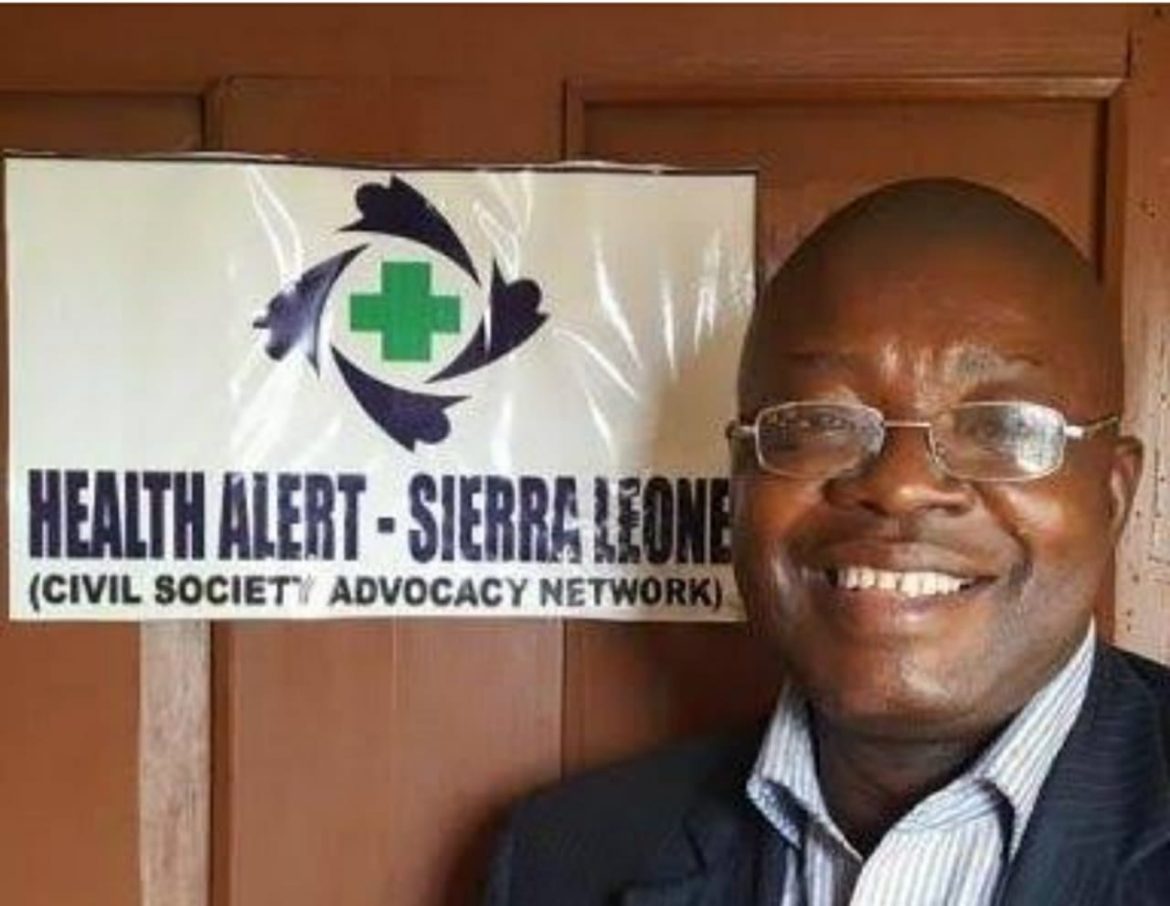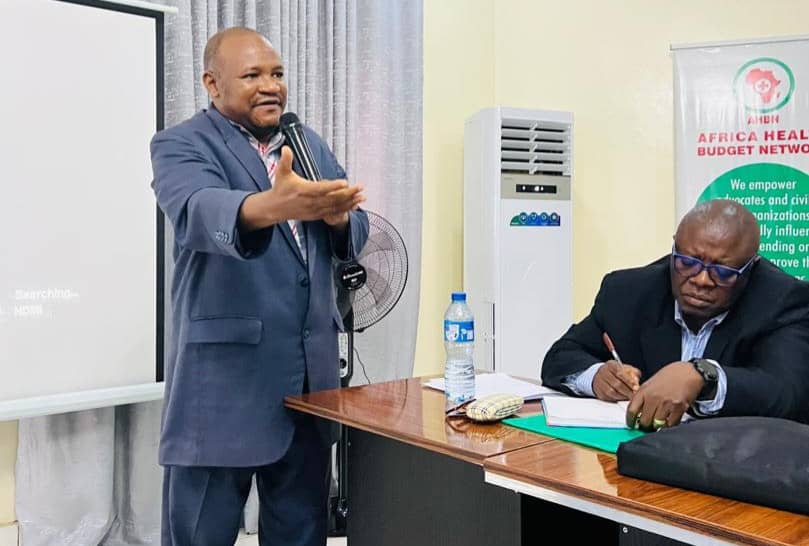By Iyemah David
Health Alerts, a coalition of over 50 Civil Society Organisations (CSOs), youth groups, and media organisations in Sierra Leone, has called on the governments of Cameroon and Senegal to establish dedicated public health agencies to respond swiftly to health emergencies in their respective countries.
Executive Director of Health Alerts, Sierra Leone, Mr Victor Lansana Koroma made the call during an interview on Friday in Abuja.
He noted that CSOs in Sierra Leone played a crucial role in establishing the country’s National Public Health Agency, a body responsible for consolidating health security efforts, such as infection prevention, antimicrobial resistance (AMR), and pandemic preparedness under one autonomous agency.
According to him, the establishment of this agency in Sierra Leone was the result of persistent evidence-based advocacy and direct engagement with government officials.
“This independent agency, now operating outside the Ministry of Health’s direct oversight, provides a more integrated and cohesive response to public health emergencies.
“The proactive approach taken by Sierra Leone’s CSOs serves as a model for Senegal and Cameroon, where similar structures are needed,” he said.
Koroma noted that lessons from Sierra Leone demonstrate the importance of evidence-based advocacy, strategic engagement with government authorities, and taking the initiative in health policy discussions.
He stressed the vital role of CSOs in holding the government accountable for the proper use of funds provided by development partners.
He explained that financial transparency is critical to ensuring that public health programs are adequately funded and managed.
“Our work as civil society is to hold the government accountable. This engagement is extremely important because it gives us a chance to understand more about how to engage our policymakers effectively,” he stated.
He also explained that the CSOs’ involvement in developing an accountability framework, a scorecard that tracks health security and pandemic preparedness efforts, has strengthened their ability to monitor government activities.
“This framework, he added, will guide future interactions with stakeholders involved in health security,” he said.
He noted that participating in peer review meetings and engagements with international partners has significantly enhanced the capacity of Sierra Leone’s CSOs.
“The knowledge gained from these engagements will be used to further improve health security initiatives in Sierra Leone,” he said.
He underscored the importance of pairing advocacy with accountability, saying that transparency in health financing adds another dimension to the success story of Sierra Leone’s CSOs.
“Our efforts not only push for policy changes but also ensure that resources are used judiciously and effectively,” he said.
He concluded by stating that the model developed in Sierra Leone serves as an essential guide for CSOs in Senegal and Cameroon.
“Advocacy must go hand-in-hand with accountability to achieve sustainable health outcomes,” he said.





